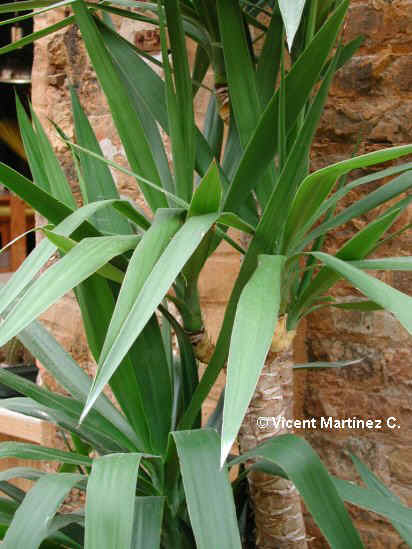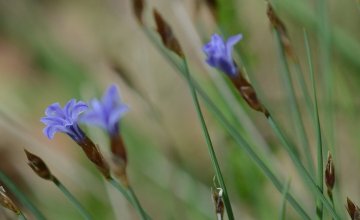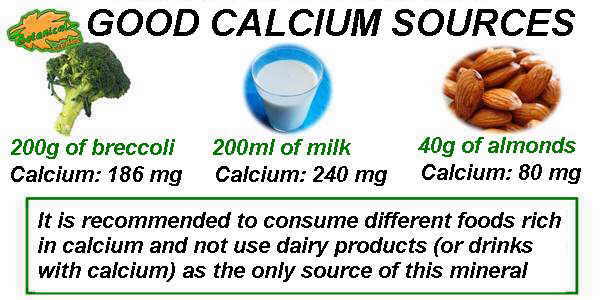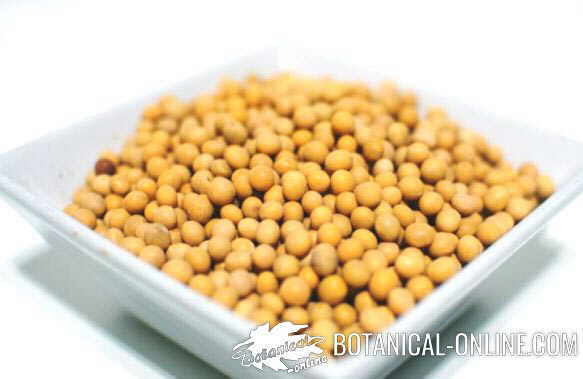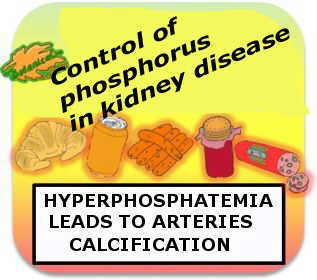Contents
- 1 Vitamins, minerals, medicinal plants and other supplements for lupus
- 1.1 WHAT SUPPLEMENTS ARE GOOD FOR LUPUS?
- 1.2 Summary table of remedies for lupus
- 1.3 How is the natural treatment of lupus?
- 1.4 Anti-inflammatory medicinal plants for lupus
- 1.5 Oils with essential fats for lupus
- 1.6 How long do foods rich in omega 3 take effect?
- 1.7 Lupus, osteoporosis and bone health
- 1.8 Vitamins for lupus
- 1.9 Vitamin D for lupus
- 1.10 Reinforcers or aids for lupus
- 1.11 DHEA or dehydroeipandrosterone for lupus
Vitamins, minerals, medicinal plants and other supplements for lupus
WHAT SUPPLEMENTS ARE GOOD FOR LUPUS?
Systemic lupus erythematosus (SLE) is an autoimmune disease that can affect various organs of the body. Natural remedies for lupus consist of complementary treatments that help treat the symptoms of the disease.
Always consult your doctor before taking any new drugs or nutritional supplements.
If you feel that you have intolerance to some remedy, stop the treatment and consult a doctor.
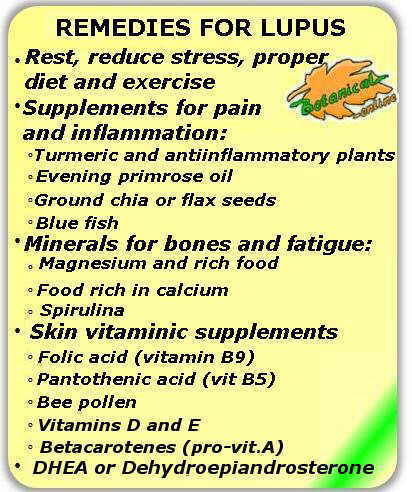
Summary of main lupus remedies
Summary table of remedies for lupus
– Supplements for pain and inflammation:
- fish oils
- evening primrose oil
- flaxseed oil
- Turmeric
- plant “thunder god vine” (Tripterygium wilfdii)
– Supplements of vitamins for the skin:
- pantothenic acid
- folic acid
- Pollen
- vitamins A, D and E
- beta carotene
– Minerals for bone and fatigue:
- magnesium
- calcium
- spirulina
Those taking corticosteroids should strengthen their bone health especially. Calcium is not necessary if it is a balanced diet. Magnesium supplements are recommended.
– DHEA or Dehydroepiandrosterone
How is the natural treatment of lupus?
The natural treatment of lupus tries to improve symptoms with powerful natural resources. Among these are not only supplements or medicinal plants, but also a healthy lifestyle guidelines, which are essential to improve lupus:
- Avoid stress: Stress completely alters all hormonal cycles and the immune system, aggravating the symptoms of lupus. It is highly recommended to use relaxation and rest techniques, especially in people who are very fatigued by stress.
Sleep enough time, and at night: Respect the circadian rhythm of the body is necessary for the cycle of nocturnal hormones, such as melatonin, to function properly and repair the body. (Tips for good sleep)
If there is a lot of stress, cortisol (warning hormone) blocks the effect of melatonin (rest hormone). Therefore it is convenient that the two previous guidelines go hand in hand.
- Contact with nature but avoiding sun exposure: It reduces stress and provides other benefits.
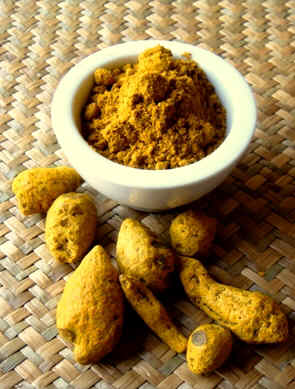
Photo of turmeric, the combination with pepper increases its effectiveness
Anti-inflammatory medicinal plants for lupus
It is highly advisable to use anti-inflammatory plants daily, both in food and in the form of a supplement. The use of these herbs helps reduce blood components that cause inflammation, thus decreasing the symptoms of pain and swelling. Numerous studies have shown that, in many cases, these folk remedies can be as effective as medicines (and with fewer side effects). It is worth mentioning that they must be taken daily to notice their benefits.
- Turmeric: It contains curcumin, initially effective antiinflammatory to treat arthritis and inflammation. This supplement has been used in conjunction with bromelain, an enzyme found in pineapple, also with antiinflammatory properties.
Scientific studies have shown that turmeric supplements may reduce symptoms of proteinuria, hematuria, and systolic blood pressure in patients suffering from lupus nephritis, being suitable as an adjuvant therapy for these patients. (Take 500mg. Turmeric (with 22.1 mg. Curcumin) three times a day. Taking turmeric in food).
- Ground flax or chia seeds: to reduce the inflammation that accompanies lupus. They are the best natural source of omega 3, powerful natural anti-inflammatory. They also have fiber that helps lower cholesterol. (Take 2 teaspoons of any of these ground seeds daily) (Another option would be linseed oil supplements, from 1,500 to 2,000 mg of flax oil per day, although the option of ground seeds is preferable)
- Thunder god vine (Tripterygium wilfordii): it is a climbing plant native to Asia that is used in Traditional Chinese Medicine to treat lupus, although it is little known in the West. Scientific studies have shown that the plant has immunosuppressive and anti-inflammatory effects, which are beneficial to avoid the symptoms of lupus and rheumatoid arthritis.
- Aromatic herbs: finally, the aromatic plants are the phytotherapy hidden in the kitchen. Rosemary, cinnamon, ginger, savory, thyme or oregano are potent medicines that can be used in abundance in recipes to improve health. An economic anti-inflammatory remedy, very tasty and above all effective.
Oils with essential fats for lupus
Essential fats are a type of nutrient found in high-fat foods, especially fatty fish and oilseeds. It is a type of fat that the body can not produce (it has to be obtained from the diet) and that the body uses to produce its own anti-inflammatories. Among the foods that contain these healthy fats, we have:
- Ground flax or chia seeds (discussed in the previous point): They are the best source of omega 3. It is recommended to take 2 teaspoons of any of these seeds daily. (Foods rich in omega 3)
- Evening primrose oil: rich in Omega 3 supplement with outstanding antiinflammatory properties. (Take 1,500 to 2,000 mg. Beads primrose oil per day).
- Fish oil: Fatty fish (oily fish) are extremely rich foods in a type of very powerful omega 3, called EPA and DHA. In addition, they contain vitamin A and vitamin D. It has anti-inflammatory properties, for the skin and for fixing calcium in the bones. The ideal would be to consume fatty fish in the diet, 1 or 2 days a week.There is the option of taking omega 3 supplements, 4 to 8 pearls of cod liver oil per day, at meals, or supplements with “high” doses of omega 3. However, these options are much less powerful, less rich in omega 3, that the food itself and, therefore, they are not as recommended
How long do foods rich in omega 3 take effect?
Because omega fats must be transformed in the liver, the state of this organ will be very important in the effectiveness of these supplements or foods. If the diet contains bad fats (refined, fried oils, etc.), they block the benefits of the omega by preventing its metabolism. If there is obesity, the liver will probably be congested and the effects will be milder. Scientific studies show that the effects of omega 3 are not instantaneous, but are effective only when they are not accompanied by a healthy diet for lupus.
After a few weeks eating seeds daily and regularly consuming fatty fish, in addition to eliminating harmful fats, benefits will be appreciated in terms of improving pain, inflammation and lupus symptoms.
Lupus, osteoporosis and bone health
It is advisable for especially those people with lupus who take corticosteroid medications to strengthen their bone health. Therefore, there is a series of supplements of vitamins and minerals for the bones that are administered to counteract the decalcifying effects of the bones that corticosteroid medication has.
Unlike popular belief, calcium supplements are usually not necessary if you eat a healthy diet. In contrast, magnesium supplements are recommended as their deficiency is more common.
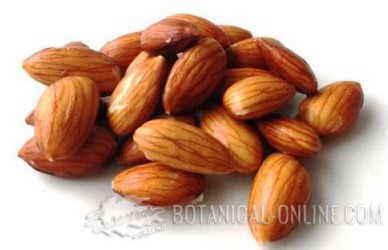
Almonds are very rich in calcium, magnesium and vitamin E
- Magnesium: second constituent of bone mineral after calcium. It is a basifying mineral that prevent bone decalcification. Magnesium supplements are recommended in general for all autoimmune diseases. (Take supplements of 400 500mg. Twice a day). (Food rich in magnesium)
- Calcium: main mineral constituent of bone. The vitamin and mineral supplements for bones are administered to counteract the effects of bone decalcification from having corticosteroid medication. It is important to follow a diet rich in calcium and minerals (increasing consumption of dried fruits, nuts and vegetables), in which case supplementation may not be necessary. (Take 250mg. Calcium three times a day) (Food rich in calcium)
- Bone diet: There are many important components in eating that can support having strong bones, as well as a lifestyle that is harmful to bone health. To summarize: broccoli, carrots, almonds, chickpeas, lentils and fermented milk products like kefir or yogurt, are good allies.
Vitamins for lupus
It is true that a healthy diet provides all the vitamins necessary for the body. However, certain pathologies, if there is malabsorption, lack of appetite or if certain medications are taken, it is possible that vitamin deficits appear. In such cases, the use of some vitamin supplements that have shown benefits during lupus is recommended:

Broccoli is highly recommended for lupus
- Folic acid: controls the levels of homocysteine in the blood, helping to prevent vascular damage. (Supplements of folic acid) (Spinach are very rich in this vitamin)* More information: Foods rich in folic acid
- Pantothenic acid: the administration of this vitamin may improve symptoms of discoid lupus, which affects the skin.
- Vitamin E is a vitamin that protects cell membranes and also can exert an antiinflammatory effect on them. Scientific studies have shown that people with lupus have abnormally low levels of this vitamin. A German study on patients with rheumatoid arthritis showed that administering 1,500 IU of this vitamin reduced stiffness and joint pain. (Virgin oils are naturally rich in vitamin E) (Natural supplement: 1 teaspoon cold-pressed wheat germ oil every morning) (Take 1,500 IU of vitamin E per day. After a week, reducing to 1000 IU per day.)
Vitamin D for lupus
Vitamin D helps calcium to be fixed in the bone tissue preventing osteoporosis. The vitamin and mineral supplements for bones are administered to counteract the effects of bone decalcification from having corticosteroid medication.
The human body is able to synthesize vitamin D or solar vitamin from the sun exposure. Therefore, open air and contact with nature are the best source of this vitamin, more than foods rich in vitamin D.
Reinforcers or aids for lupus
In this section are supplements of vitamins and minerals that are good for fatigue, provide nutrients to strengthen health and counteract the effects of the medication:
- Vitamin A and betacarotene (provitamin A): Scientific studies have shown that people with lupus have abnormally low levels of vitamin A. These vitamins protect cells and stabilize cell membranes, protecting them from damage caused by inflammation. High doses of vitamin A can be toxic, so it is best to get it through provitamin A (beta carotene). Carrots, carrot cream, grated carrot salad, etc are extremely rich in beta carotene.
- Spirulina: It is rich in magnesium, vitamin D and trace elements, they also help fight fatigue. Vitamins and mineral supplements for bones are administered to counteract the effects of bone decalcification having corticosteroid medication. (Take 6 capsules of 200mg. Daily)
- Pollen: is a supplement rich in carotenoids, which benefit the health of the skin and membranes. Its rich in antioxidants that prevent damage from inflammation and protect the digestive mucosa. (Take 4 tablespoons daily dessert, in yogurt, smoothies or juice)
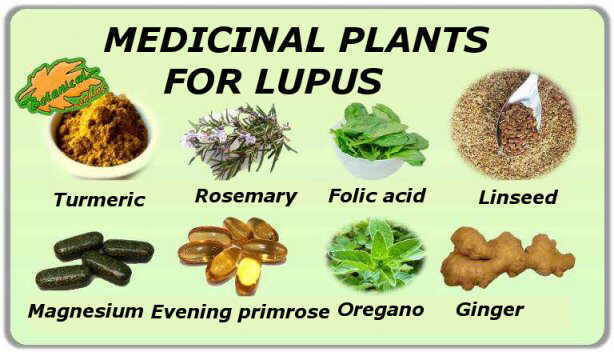
Main medicinal plants and supplements used in the natural treatment of lupus. The diet is essential for these remededies to have effects (diet therapy).
DHEA or dehydroeipandrosterone for lupus
DHEA or Dehydroepiandrosterone is a hormone produced by the body. Some people with lupus have abnormally low levels of this hormone. Administration can reduce, in some cases, the dose of medication with corticosteroids.
A scientific study showed that administering 200mg. DHEA daily for 24 weeks significantly reduced the number of symptoms. A dose of 50mg. daily can cause acne.
However, there is a lot of research on this and, as it is a product that can not be patented, it is difficult to find it commercialized. It is safer to use any of the remedies mentioned above. (The adequacy of the hormonal treatment and the dose must be established by the physician, it requires prior analytics to determine the DHEA levels of the patient).
![]() More information on lupus.
More information on lupus.

